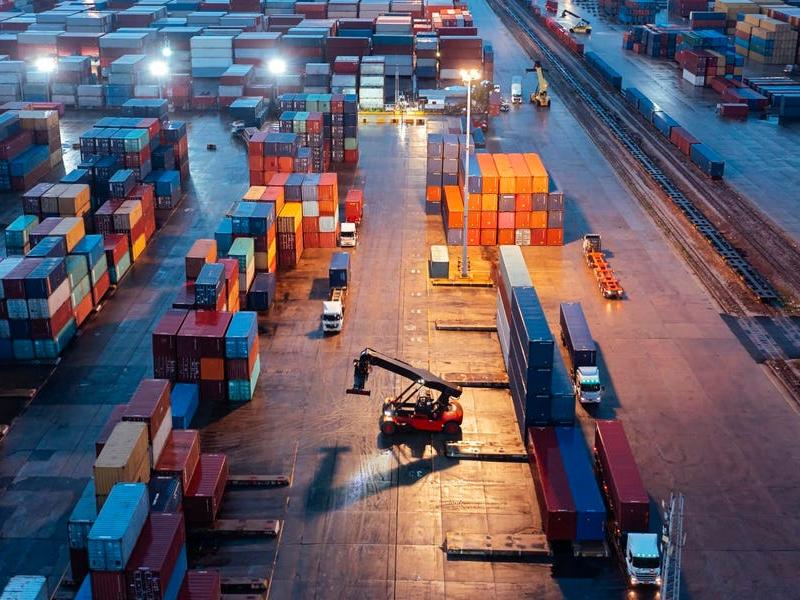The last decade has seen a shift towards more modern and efficient supply chain management, driven by the enhanced ability to connect factories and suppliers, the integration of cutting-edge technologies, and the cost-effective integration of existing enterprise resource planning (ERP) systems. This has allowed businesses to monitor their supply chains with unprecedented accuracy and granularity, as well as harness the power of data for better decision-making and strategic planning. However, the pace of change, supply chain globalization, and the ever-growing expectations of consumers and stakeholders will require an even more significant shift towards intelligent supply chains.
Previous ArticleConstruction 4.0 Market Size To Surpass Us$ 56.6 Billion By 2032, Exhibiting A Cagr Of 14.58%
Next Article Microsoft Azure: The Future Of Cloud Computing

